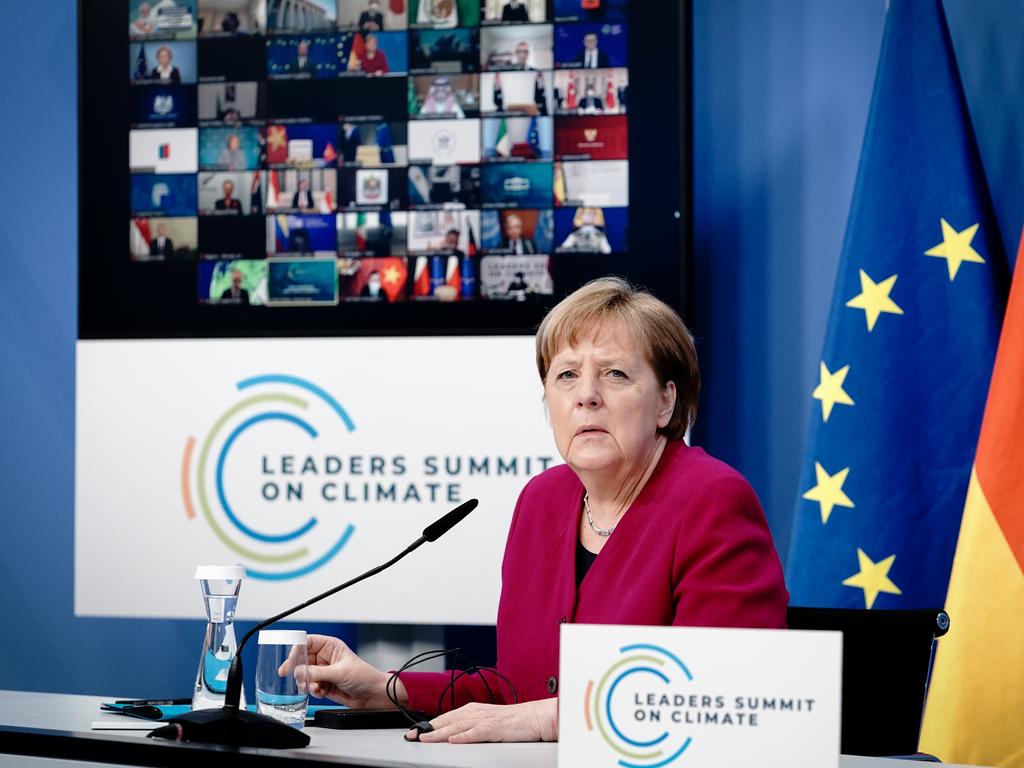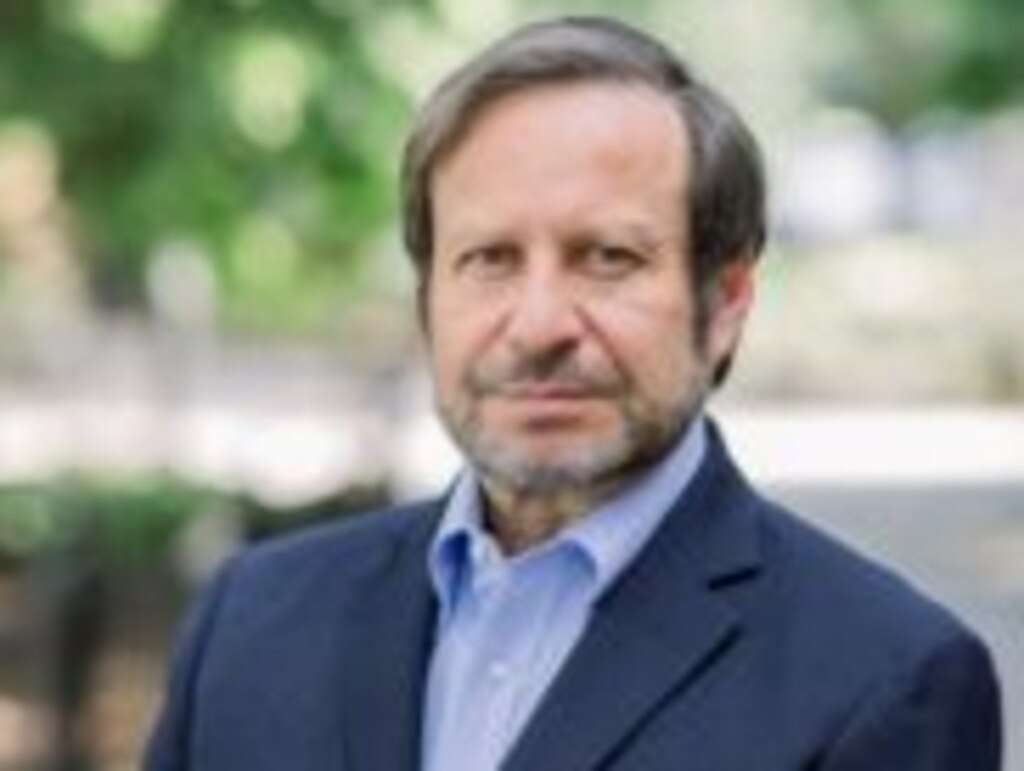Angry, passionate, but don’t call Xiye Bastida America’s Greta Thunberg
Xiye Bastida stunned Joe Biden’s climate summit with a furious speech; but she is very different from her Swedish counterpart.

The first day of Joe Biden’s climate summit would probably have been remembered more for its glitches than its content until an angry young climactivist stood up.
Her furious diatribe against “environmental plunder” is familiar to us all. She demanded “comprehensive, non euro-centric and intersectional climate education including literacy on climate justice, environmental racism, ancestral and indigenous wisdom, disability justice, green careers and sustainable living.”
It could have been a more extreme Greta Thunberg addressing world leaders. But this speaker wasn’t the Swedish teen whose fury over climate change has galvanised environmental revolutionaries across the world.
Step forward Xiye Bastida, a 19-year-old Mexican-Chilean living in New York who has become known as the American Thunberg.
While lesser known than the ubiquitous Ms Thunberg, Ms Bastida has been almost as active - and as voluble. She organised a New York chapter of Ms Thunberg’s ‘Fridays for Future’ school strike campaign that swept the world, is on the administration committee of the US People’s Climate Movement and is a vocal member of Extinction Rebellion. Like Ms Thunberg she has spoken with world leaders, addressed climate events and, of course, has given a TED talk.
Ms Bastida, a member of Mexico’s indigenous Otomi-Toltec nation, was born in 2002 in the small fishing village of San Pedro Tultepec to environmentalist parents Mindahi and Geraldine. Her grandmother works in Mexico to protect sacred land from business interests and her father is an educator who urges others to live in harmony with the planet.
Unlike Ms Thunberg she has had first hand experience of the damage caused by climate extremes: in 2015, she and her parents moved to New York when their Mexican hometown was hit by massive floods after three years of drought. When they arrived in New York, she witnessed the remaining effects of 2012’s Hurricane Sandy and, she says, that was when she began to realise the widespread disasters caused by climate change.
But while this affected the then 13-year-old, Ms Batista says it was her family’s heritage and their experience of ecological destruction that encouraged her toward climate activism.
“Indigenous communities’ culture and tradition comes from their places of origin,” she has said. “What type of land they’re surrounded by, what type of ecosystems they’re surrounded by. So, when those ecosystems or surroundings change, the whole culture and the tradition of the community changes.”
In her TED talk, delivered as a letter to her grandmother, she described taking her first steps as a 15-year-old activist: “The world is so big, and it has so many bad habits. I didn’t know how a 15-year-old was supposed to change anything, but I had to try.”
However, she added, she quickly became disillusioned with the “greenwashed” ideology of many environmentalists.
“It was a view of environmentalism that was so catered towards an ineffective way of climate activism, one that blames the consumer for the climate crisis and preaches that temperatures are going up because we forgot to bring a reusable bag to the store,” she said.
While Ms Thunberg famously sat on the steps of the Swedish parliament for a solo school strike over climate change in 2018, Ms Bastida joined environmental clubs in school and made contact with more powerful activists to push against fossil fuels. As Ms Thunberg’s school strike movement took off, her American counterpart organised a chapter in New York. She mobilised 600 students from her school to join the global climate strike of March 2019, telling her followers: “If adults won’t change the world, we will”.
By now, she was in contact on social media with Ms Thunberg, and was also making her own waves. In 2018 she was invited to the 9th United Nations World Urban Forum to speak about indigenous cosmology; that same year she received the “Spirit of the UN” award.
In September 2019 she and American climate activist Alexandria Villaseñor officially welcomed Ms Thunberg when she arrived from Europe by boat to attend the UN Climate Summit.
In her TED talk, Ms Bastida said she would like a normal life: she had wanted to study to become a doctor or an engineer and she missed gymnastics but felt compelled to pursue climate activism.
“The planet is suffering, and we don’t have the luxury of time anymore,” she said.
“But sometimes, I want to care about other things again. I want to be able to sing and dance and do gymnastics. I truly feel that if all of us took care of the earth as a practice, as a culture, none of us would have to be full-time climate activists.”
She admires Ms Thunberg but doesn’t like comparisons to her Swedish counterpart, which she believes diminishes the work the more famous young woman has done, and her personal challenges.
“You just can’t compare two people who do the same thing but come from different backgrounds,” she says.
She finished her TED talk with a sweet tribute to her grandmother. “I do this work because you showed me that resilience, love and knowledge are enough to make a difference,” she said. “I want to go back to Mexico and visit you. I want to show you the pictures of the things that I have done. I want to show you the climate legislation that we’ve been able to pass. I want to smell the flowers and fight for climate justice alongside you.”






